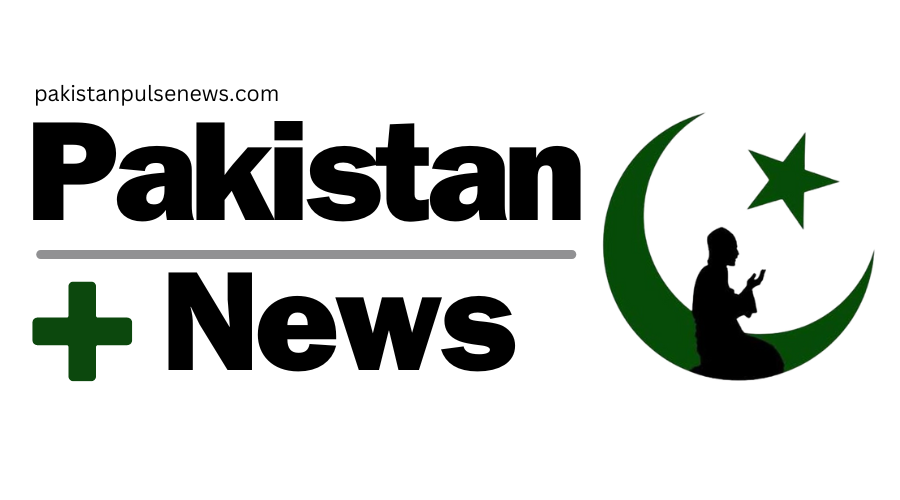Lomé, Togo – Political unrest is brewing in Togo as activists and opposition leaders urged citizens to protest against a new constitutional reform that could potentially extend President Faure Gnassingbé’s rule indefinitely. This call to action comes after the country’s lawmakers passed the controversial bill earlier this week, which now awaits President Gnassingbé’s signature to become law.
The proposed constitution introduces significant changes to Togo’s political landscape, notably by eliminating future presidential elections and granting the parliament the authority to select the president. Critics argue this could pave the way for President Gnassingbé, who has been in power since 2005, to secure reelection when his current term ends in 2025.
Under the new constitution, the role of the president would ostensibly be limited by introducing a one-term limit and transferring more power to a prime ministerial figure, officially termed the president of the council of ministers. This individual, to be selected from the majority party or coalition following legislative elections, would serve a six-year term without a term limit. Additionally, the reform extends presidential terms from five to six years, with President Gnassingbé’s nearly two decades in office not counting towards the limit.
Despite these provisions, which some legal experts argue could reduce the president’s power, the opposition fears they represent a veiled attempt by Gnassingbé to maintain his grip on power. The potential for the president of the council of ministers to become a proxy for Gnassingbé’s continued rule has raised alarms.
In response to the impending changes, the Togolese Catholic Church has voiced opposition, calling for broader consultation and a more inclusive national debate. “Such an important subject, which will profoundly change the political life of the country, must give rise to broad consultation,” the Conference of Togolese Catholic bishops stated, emphasizing the importance of dialogue and consensus.
The opposition’s attempts to rally public dissent were met with resistance from the authorities. A news conference organized by opposition leaders on Wednesday was abruptly dispersed by the police, underscoring the tense atmosphere surrounding the debate on constitutional reform.
Legal experts, including Zeus Ajavon, a Constitutional Law lecturer at the University of Lome, have criticized the process, arguing that a referendum is necessary for such a significant constitutional overhaul. Ajavon’s statement highlights the deep-seated legal and democratic concerns surrounding the proposed changes.
The political situation in Togo remains highly volatile, with the opposition vowing to fight what they describe as a “constitutional coup d’état.” As the April 20 legislative and regional elections approach, the country stands at a crossroads, facing decisions that could significantly alter its democratic fabric and political future.


